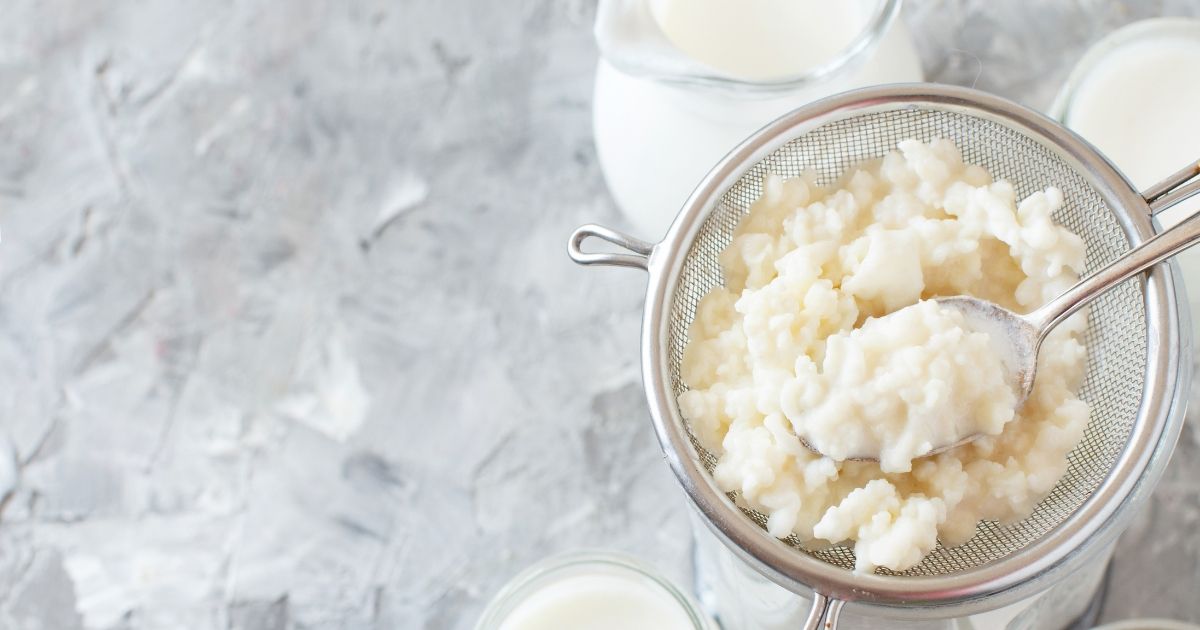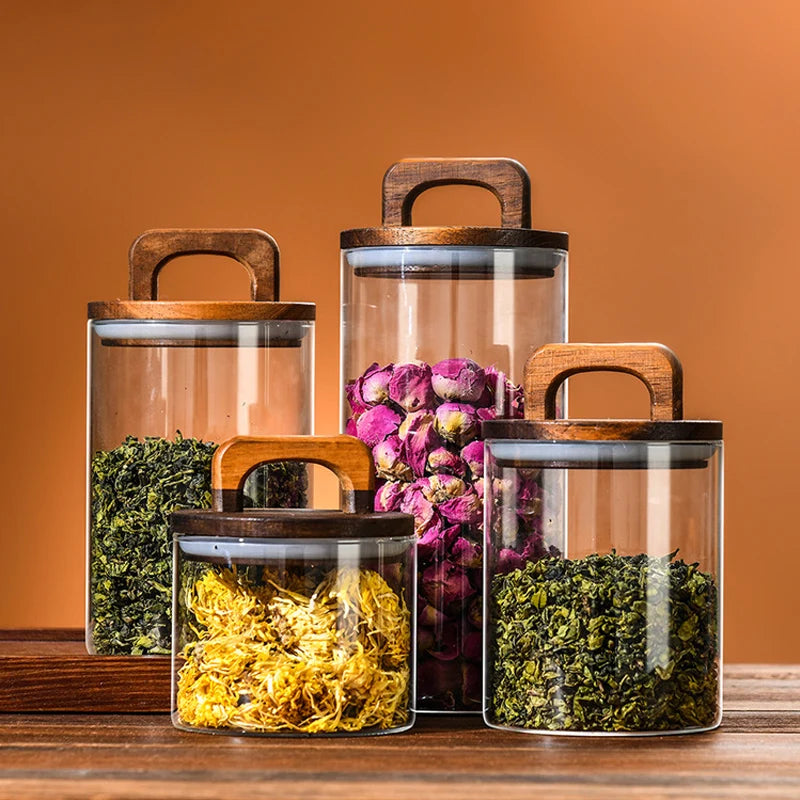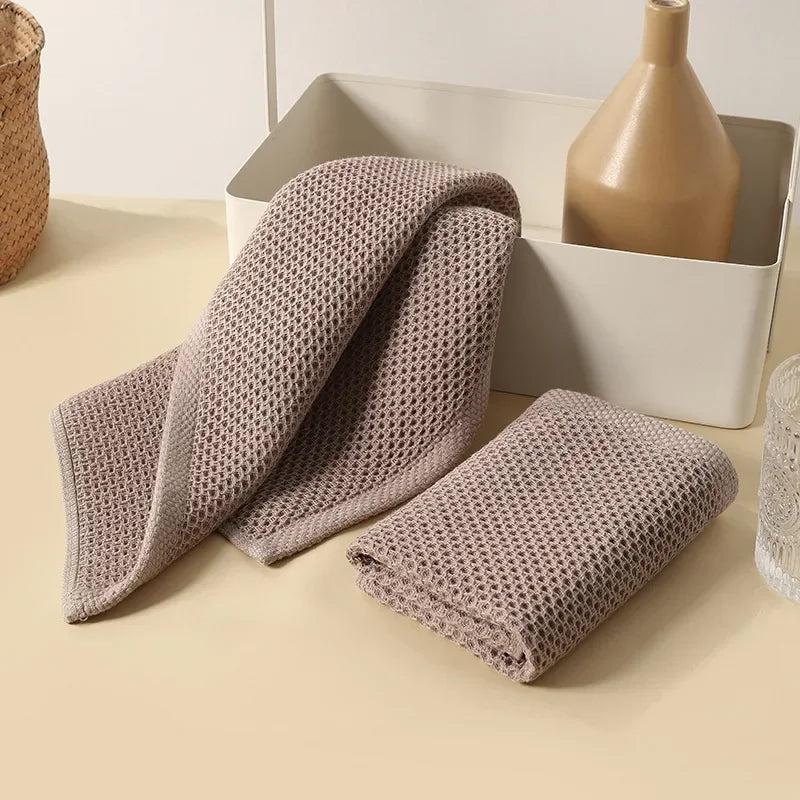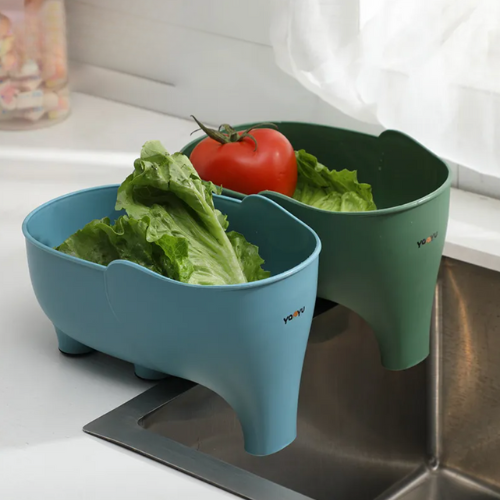Buttermilk Substitutes: Your Guide to Perfect Baking and Cooking
Discover the top buttermilk substitutes and how to use them in your recipes. Achieve the perfect taste and texture every time!
Buttermilk is a cherished ingredient in many recipes, from fluffy pancakes to savory dressings. Its tangy flavor and unique consistency can elevate a dish, but what do you do when you're out of buttermilk or can't find it at your local store? Thankfully, there are several effective buttermilk substitutes to rescue your culinary creations.
Best Buttermilk Substitutes
1. Milk and Lemon Juice/Vinegar
The most common substitute for buttermilk is a simple mixture of milk and an acid, like lemon juice or white vinegar.
How To: For every cup of buttermilk, combine 1 cup of milk (preferably whole milk) with 1 tablespoon of lemon juice or white vinegar. Stir and let it sit for 10 minutes. The mixture will curdle slightly, mimicking the texture and acidity of buttermilk.
2. Cream of Tartar and Milk
Cream of tartar is an acid, and when mixed with milk, it can emulate the properties of buttermilk.
How To: For every cup of buttermilk, mix 1 ¾ teaspoons of cream of tartar with 1 cup of milk. Ensure it's well combined to avoid any lumps.
3. Yogurt or Sour Cream
Both yogurt and sour cream have the tanginess similar to buttermilk. They can be thinned out with a bit of water or milk to achieve the desired consistency.
How To: For every cup of buttermilk, combine ¾ cup of yogurt or sour cream with ¼ cup of water or milk. Mix until smooth.
4. Kefir
Kefir, a fermented milk drink, shares the tart flavor profile of buttermilk and can be a direct substitute.
How To: Replace buttermilk with an equal amount of kefir in your recipe.
Why Buttermilk Matters in Recipes
Buttermilk isn’t just about flavor. Its acidity can activate baking soda, a common leavening agent, helping baked goods rise. When substituting for buttermilk, it's crucial to ensure that the alternative has the necessary acidic components. The tanginess of buttermilk also interacts with other ingredients, enhancing flavors and adding depth to dishes.
Choosing the Right Substitute
The best buttermilk substitute depends on your specific recipe. For baked goods requiring a rise, like muffins or cakes, an acid-milk mixture is essential. However, for marinades or dressings, yogurt or kefir might be more appropriate due to their flavors and consistency. Always consider the end result you're aiming for when picking your substitute.
The Historical Charm of Buttermilk
Traditionally, buttermilk was the liquid left behind after churning butter from cultured cream. It was a staple in many ancient diets, appreciated for its cool, tangy flavor and health benefits. Today's commercial buttermilk is cultured, meaning it's produced by introducing lactic acid bacteria into low-fat milk. Its enduring presence in diverse cuisines and beloved recipes speaks to its universal appeal and versatility.
Running out of buttermilk doesn't mean you have to abandon your culinary plans. With the right substitute, you can achieve the desired taste and texture in your dishes. Whether you’re whipping up a batch of comforting biscuits, tenderizing chicken, or baking a luscious red velvet cake, these buttermilk alternatives will ensure your recipes shine. Embrace the flexibility of cooking and baking, and remember: sometimes, improvisation leads to the most delightful culinary discoveries!
Can You Use Regular Milk Instead Of Buttermilk?
Yes, you can use regular milk as a substitute for buttermilk in recipes, but there are some caveats to consider.
Buttermilk has a distinct acidic and tangy flavor that regular milk lacks. This acidity not only imparts a unique taste to dishes but also plays a vital role in the chemical reactions of certain recipes, especially baked goods. The acidity in buttermilk can activate baking soda, acting as a leavening agent that helps baked items rise.
If you need to replace buttermilk with regular milk in a recipe, consider the following approaches:
- Acidified Milk: Combine 1 cup of regular milk with 1 tablespoon of lemon juice or white vinegar. Allow the mixture to sit for 10 minutes. This process slightly curdles the milk, mimicking the acidic nature of buttermilk.
- Adjust Leavening Agents: If your recipe calls for baking soda and you're using plain milk without acidifying it, you might need to adjust the leavening agents. Consider using baking powder instead of baking soda, as baking powder contains its own acid.
- Flavor Expectations: Using regular milk without acidifying it will lead to a milder flavor profile. If buttermilk's tangy flavor is essential for your dish, regular milk might not deliver the exact desired taste.
For dishes where the leavening reaction isn't crucial (like marinades or certain sauces), substituting regular milk for buttermilk might have minimal impact. However, for baked goods where texture and rise are critical, it's recommended to acidify the milk or adjust the leavening agents accordingly.
Can I Use Greek Yogurt Instead Of Buttermilk?
Yes, Greek yogurt can be used as a substitute for buttermilk in many recipes, especially when it comes to baking. Greek yogurt has the tangy acidity that's characteristic of buttermilk, and this acidity can help activate baking soda in recipes, aiding in the leavening process.
Here's how to use Greek yogurt as a buttermilk substitute:
- Thin it Out: Greek yogurt is generally thicker than buttermilk. To achieve a consistency closer to buttermilk, mix Greek yogurt with a little water or milk. A common ratio is ¾ cup of Greek yogurt mixed with ¼ cup of water to substitute for 1 cup of buttermilk. Adjust as necessary based on the yogurt's thickness.
- Acidity: Greek yogurt has a naturally tangy flavor, much like buttermilk, making it suitable for recipes that require the acidic taste of buttermilk.
- Texture and Moisture: Greek yogurt can impart moisture to baked goods, making them tender. This makes it an excellent substitute in recipes like pancakes, muffins, and cakes.
- Adjusting Recipes: Depending on the specific recipe, you may need to make minor adjustments when using Greek yogurt. For instance, you might need to tweak the amount of liquid or leavening agent in the recipe to achieve the desired texture and rise.
- Other Considerations: Greek yogurt's fat content can vary (from non-fat to full-fat). Using a full-fat Greek yogurt will yield richer results, while non-fat might produce a slightly less rich texture.
In summary, Greek yogurt is a versatile and effective substitute for buttermilk in many recipes. However, as with any substitution, it's a good idea to be mindful of the specific requirements of your recipe and adjust as needed.
How Can I Make My Own Buttermilk?
Making your own buttermilk substitute at home is straightforward and only requires basic ingredients that many people already have in their kitchen. Here's a simple method to create a buttermilk substitute using just milk and an acid (like lemon juice or white vinegar):
Homemade Buttermilk Substitute
Ingredients:
- 1 cup milk (preferably whole milk, but other types will also work)
- 1 tablespoon lemon juice or white vinegar
Instructions:
- Pour the Acid: In a measuring cup, add 1 tablespoon of lemon juice or white vinegar.
- Add the Milk: Pour milk into the measuring cup, filling it up to the 1-cup line.
- Stir and Let Sit: Stir the mixture thoroughly and let it sit at room temperature for about 5-10 minutes. The milk will start to curdle slightly, and it will thicken up a bit.
- Use or Store: After the mixture has sat for the requisite time, it's ready to be used in any recipe that calls for buttermilk. If you're not using it immediately, store it in the refrigerator and use it within a day.
Note: This homemade buttermilk substitute works great in recipes that call for buttermilk's acidity and tang, such as pancakes, biscuits, and cakes. However, for recipes where the pure taste and texture of buttermilk are essential, it might be best to use store-bought buttermilk.
If you don't have lemon juice or white vinegar, other acids like cream of tartar or even yogurt can be used in a pinch, though the resulting taste and texture might differ slightly.
What Happens If You Replace Buttermilk With Milk?
If you replace buttermilk with regular milk in a recipe, there are several potential effects on the finished product, depending on the type of recipe. Here's what might happen:
Texture Changes: Buttermilk often gives baked goods a softer texture and more body. It can make pancakes fluffier, cakes moister, and breads slightly more tender. Using regular milk might result in a slightly denser or less tender product.
Taste Differences: Buttermilk has a tangy flavor that can add depth and richness to recipes. Replacing it with regular milk will remove this tangy taste, possibly making the final product taste more bland or less complex.
Rise and Browning: Buttermilk is acidic. In recipes with baking soda (an alkali), the acid in the buttermilk reacts with the baking soda to produce carbon dioxide gas, which helps the baked goods rise. If you replace buttermilk with regular milk without adjusting other ingredients, you may get less rise or a different texture in your baked goods. Also, the acid in buttermilk can promote browning in some recipes, so using milk might result in a lighter-colored final product.
Chemical Reactions: In some recipes, the acidity of buttermilk is essential for breaking down tough fibers (as in marinating meats) or for setting certain ingredients (like in some pie fillings). Using regular milk might not achieve the desired reaction.
Fat Content: Buttermilk usually has a lower fat content compared to whole milk. Depending on the recipe, this might make a difference in the richness or mouthfeel of the finished product.
If you need to replace buttermilk with regular milk in a recipe, and the recipe also includes baking soda, you might want to add an acid (like lemon juice or vinegar) to the milk or consider adjusting the leavening agents to maintain the proper acid-base balance.
More Buttermilk Recipes
Gluten-Free Buckwheat Pancakes
These gluten free buckwheat pancakes’ unique texture and flavor more than make up for their humble looks. Made from naturally gluten-free buckwheat flour,...
Blueberry Scones
Make tea/coffee times special with these scones that you can serve with jam or cream. You can make the dough circular or wedge-shaped scones.Serve the...
Lemon Pound Cake
This moist and soft Lemon Pound Cake is an irresistible recipe with its fresh lemon flavor and lemon glaze! Enjoy the intense lemon flavor in every bite...
Eggo Waffles
The Eggo Waffles recipe is a homemade version of America's classic Kellogg's Eggo Waffles. This homemade waffle is a favorite of the whole family and is...
Crispy Southern Fried Okra
Fried Okra is a Southern dish known for its unique texture and savory flavor. This recipe transforms the humble okra pod into a delicious, golden-brown...
































